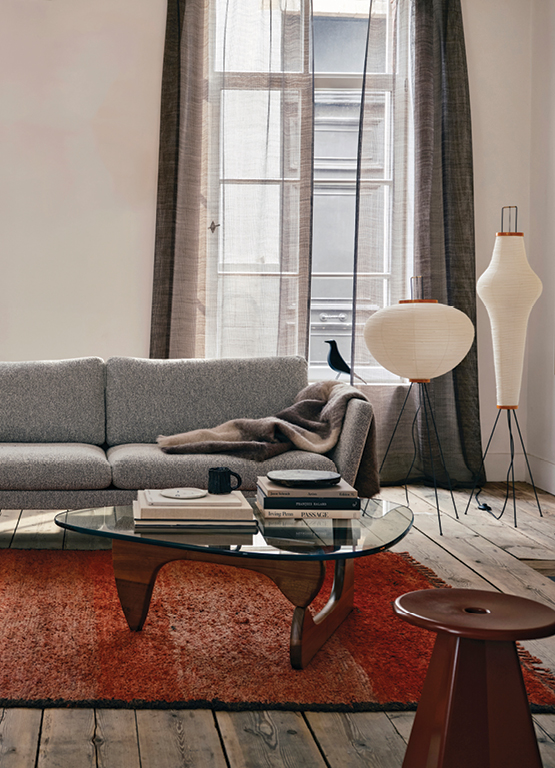As we celebrate the 80th anniversary of this iconic piece, it's worth delving into the life and creative genius of Isamu Noguchi and exploring why the Noguchi Coffee Table continues to captivate and inspire.
In the world of furniture design, certain pieces transcend time, leaving an indelible mark on the landscape of interior decor. The Noguchi Coffee Table, a masterpiece created by the visionary Isamu Noguchi, stands as a testament to the enduring power of innovative design. As we celebrate the 80th anniversary of this iconic piece, it's worth delving into the life and creative genius of Isamu Noguchi and exploring why the Noguchi Coffee Table continues to captivate and inspire.
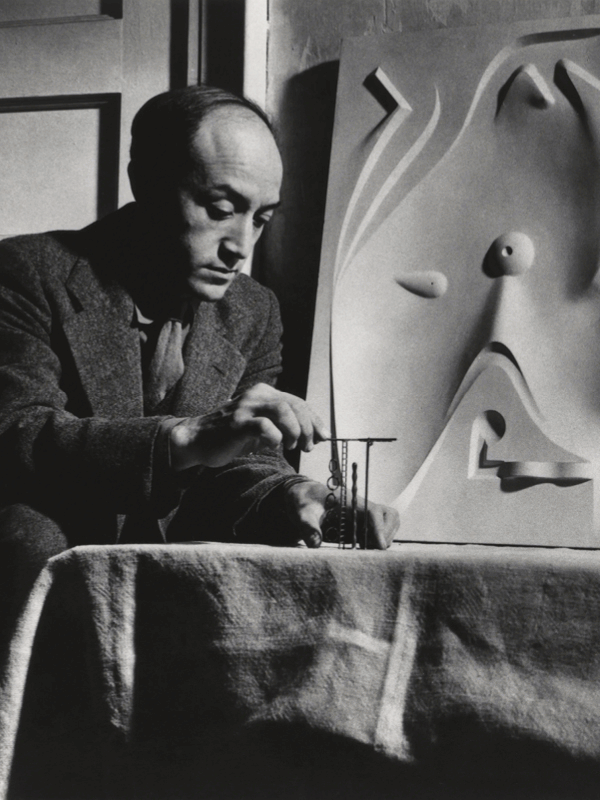
Isamu Noguchi, born in Los Angeles in 1904, was a ground-breaking artist and designer who seamlessly merged the worlds of sculpture and furniture. Noguchi's diverse heritage—Japanese father and American mother—played a significant role in shaping his artistic perspective. Trained both in the United States and Japan, Noguchi's work reflected a harmonious blend of Eastern and Western influences.
Noguchi's artistic journey was marked by experimentation with various materials and forms. His sculptural works, characterised by organic shapes and a deep appreciation for natural elements, garnered acclaim globally. Noguchi's commitment to bridging the gap between art and daily life became particularly evident in his foray into furniture design.
In 1944, Isamu Noguchi collaborated with the legendary furniture manufacturer Herman Miller to bring his vision to life in the form of the Noguchi Coffee Table. This timeless piece, initially conceived as a custom commission for the President of the Museum of Modern Art in New York, has since become an icon of mid-century modern design.
The Noguchi Coffee Table is celebrated for its simplicity and elegance. The table consists of two smoothly shaped interlocking wooden elements, often referred to as the "sculpture for use." The base, a set of solid wood legs, supports a freeform glass top, creating a harmonious balance between functionality and artistry. This unique design allows the table to serve as a functional piece of furniture while also acting as a sculptural focal point within a space.
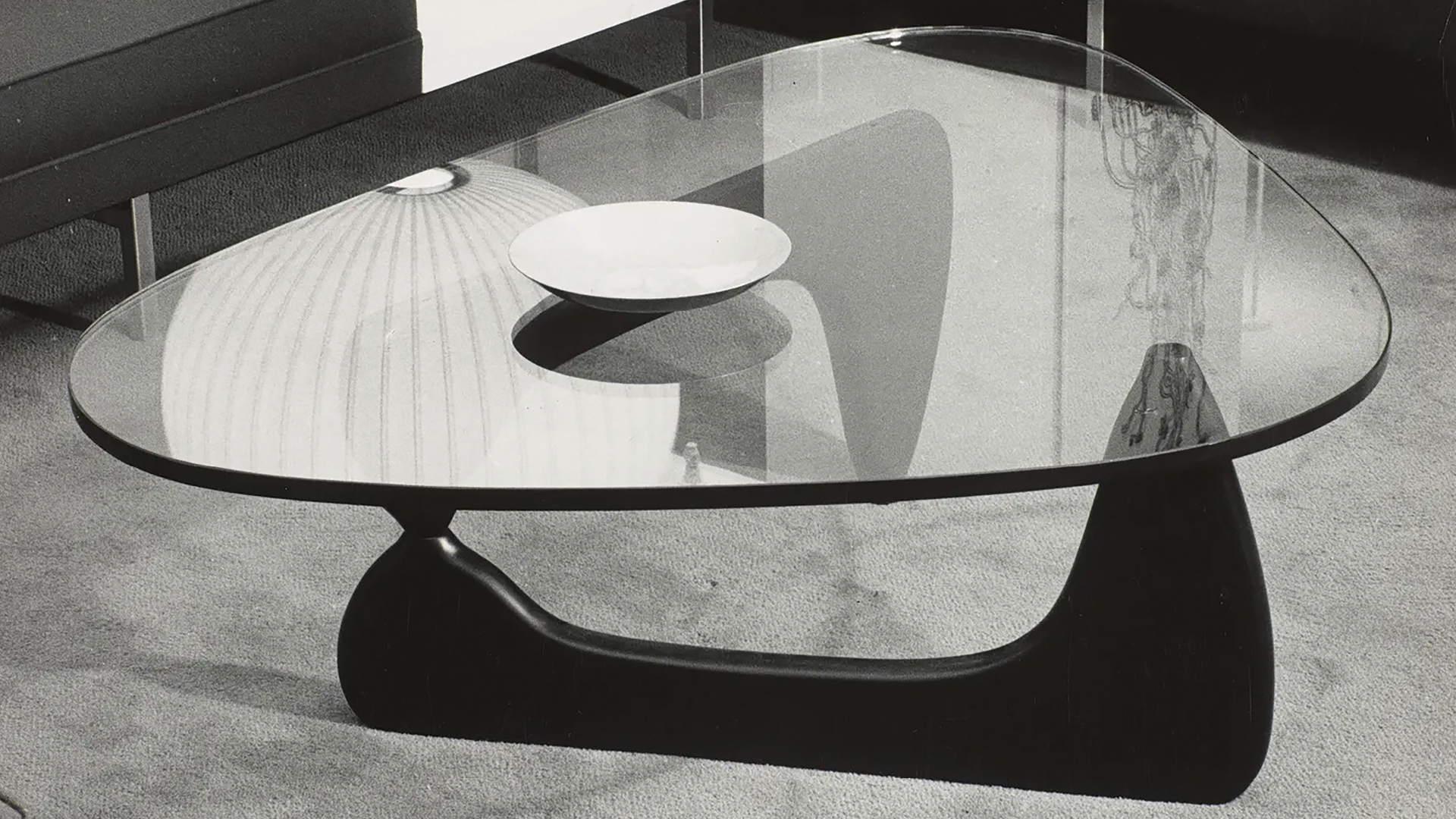
Pictured: Noguchi Coffee Table in Black Ash
What makes the Noguchi Coffee Table a design classic is its ability to transcend trends and remain relevant across decades. The minimalist aesthetic and organic form make it a versatile addition to a variety of interior styles, from mid-century modern to contemporary and eclectic. The glass top of the table, with its biomorphic shape, adds a touch of sophistication, creating a visual lightness that complements any living space. The simplicity of the design allows the Noguchi Coffee Table to seamlessly integrate into diverse environments, making it a beloved choice for interior designers and homeowners alike.
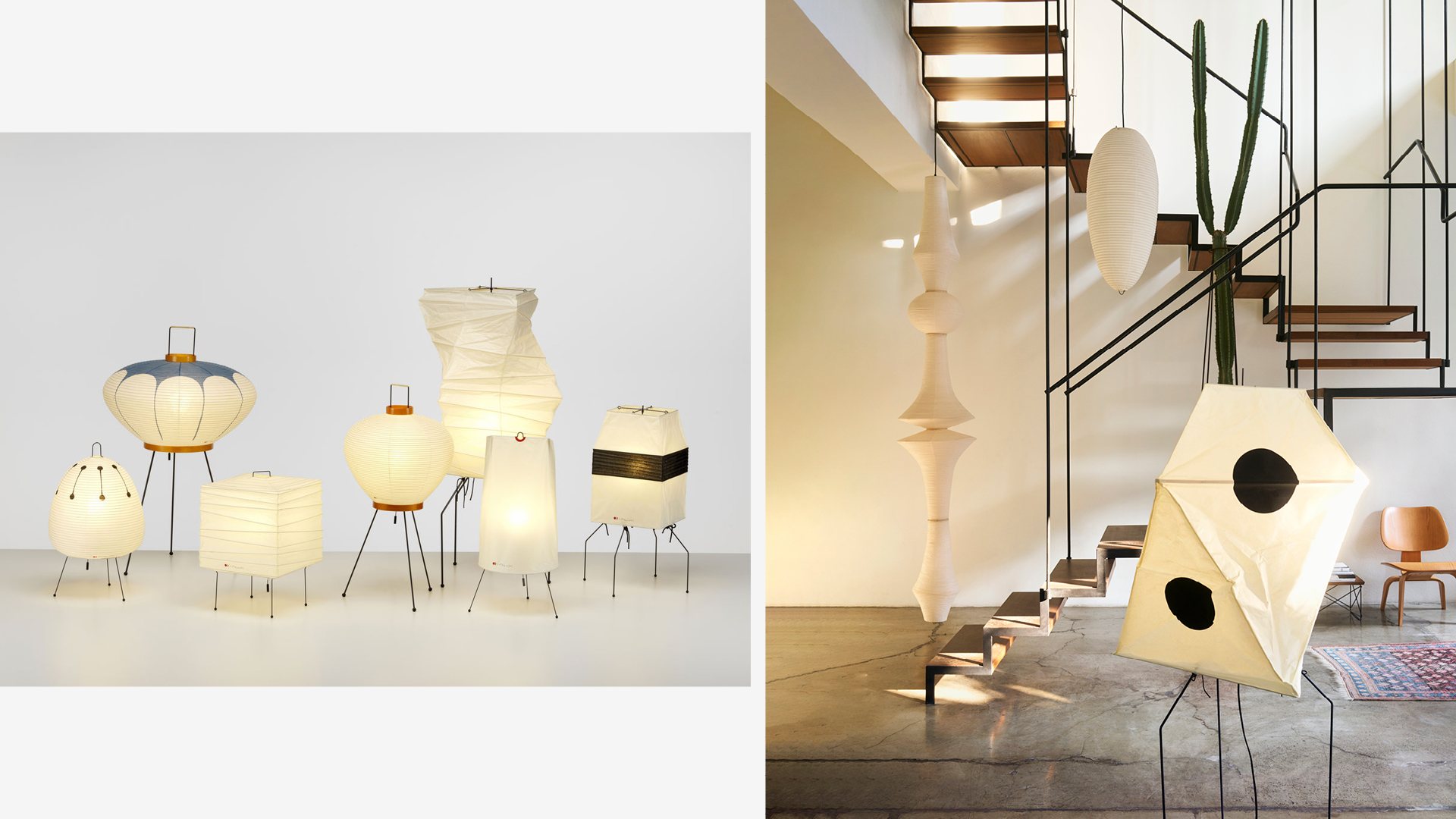
Pictured: Akari Lights
Originating in the 1950s, the Akari Lights exemplify Noguchi's mastery of form and light. Comprising a series of elegantly crafted paper lanterns, these fixtures embody a delicate balance between sculptural artistry and functional illumination. Noguchi drew inspiration from traditional Japanese craft techniques, blending them with his modernist sensibilities to create these timeless, ethereal light sculptures. The Akari Lights, like the Noguchi Coffee Table, have become symbols of timeless design. Their soft, diffused glow and organic shapes make them versatile additions to various interiors, providing warmth and sophistication.
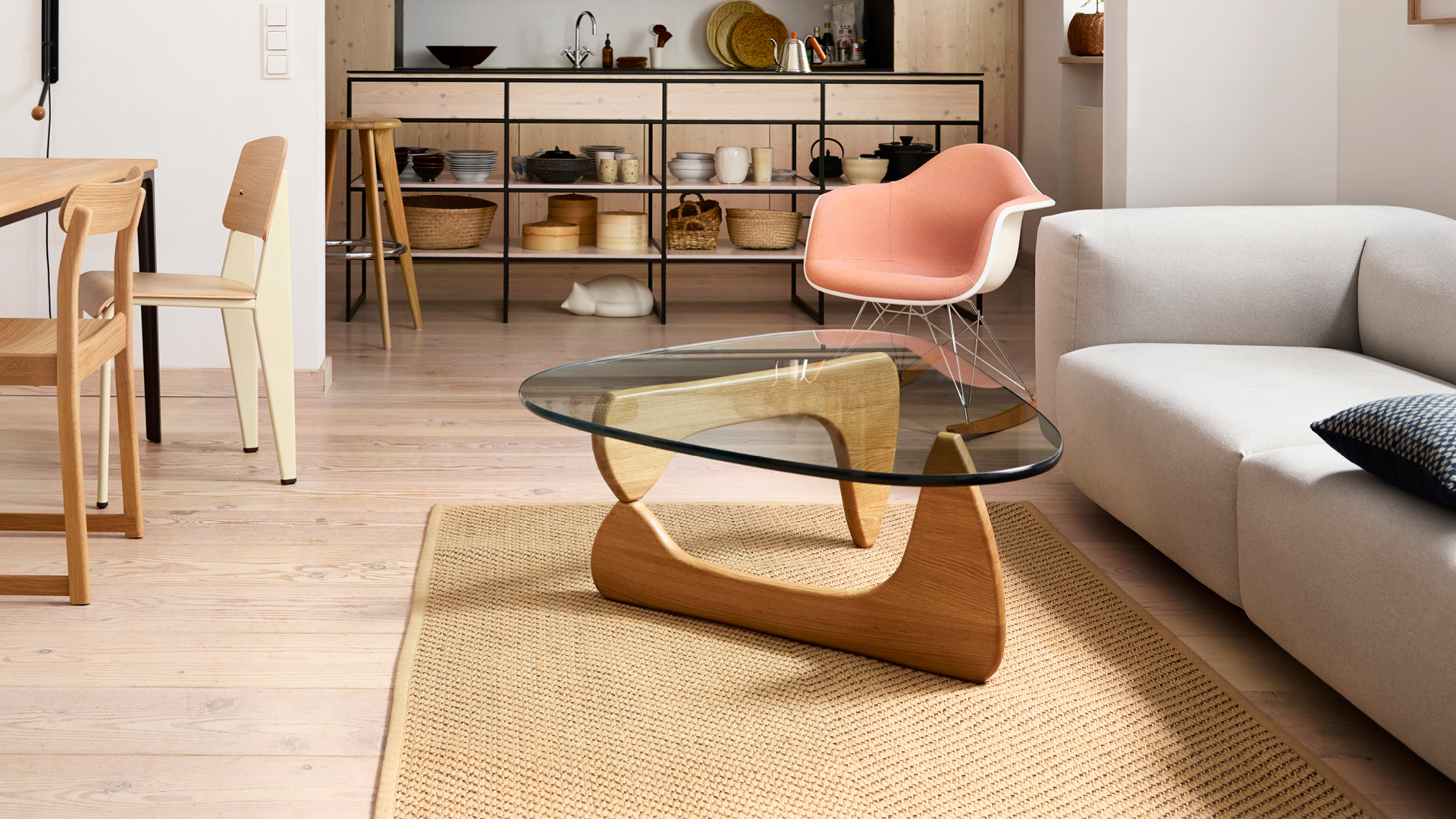
Pictured: Noguchi Coffee Table in Maple
As we celebrate the 80th anniversary of the Noguchi Coffee Table, its enduring popularity is a testament to Isamu Noguchi's design genius. The table's ability to stand the test of time speaks to the universal appeal of thoughtful, well-crafted design that seamlessly merges art and functionality.
Whether placed in a modern living room, a cosy reading nook, or a stylish office space, the Noguchi Coffee Table continues to be a symbol of sophistication and timeless elegance. This anniversary not only marks a milestone in the history of furniture design but also serves as a reminder of Isamu Noguchi's lasting legacy—a legacy that continues to inspire and influence the world of design to this day.


